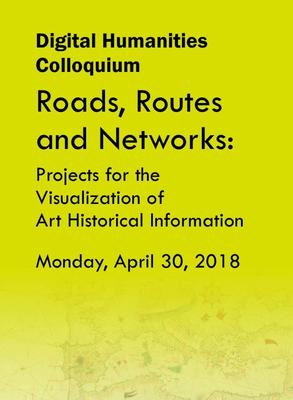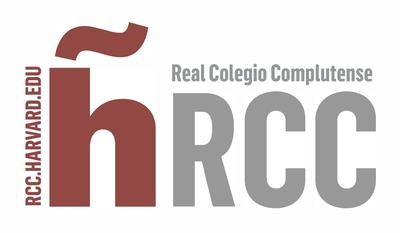Date:
Location:
Space and movement have always been fundamental for art history, through concepts such as -among others- center and periphery, roads for global exchange, or the experience of travel. Geographical Information Systems are transforming the traditional ways to visualize these disciplinary discourses about dissemination, innovation and evolution. Network analysis is bringing to light people and places, usually overlooked by public attention focused on a few big names, that otherwise had been very relevant in their own time as nodes for exchange or partnership. Vast and quickly increasing amounts of digital data invite experimentation about their uses for teaching and research in the humanities. New challenges are appearing, such as ensuring the sustainability of digital resources and their interoperability, while guaranteeing open access to cultural information. The three case studies represented in the colloquium will provide an update on new and ongoing projects in this area, and introduce a shared reflection about the possibilities of digital information within art history.

11.00 Welcome, opening remarks and panel.
Panelists:
- Mapping Paintings: Tracking the Lives of Artworks. Jodi Cranston, Professor of Renaissance Art, Boston University.
- SILKNOW: Improving the Access to Digitized Silk Heritage. Jorge Sebastián Lozano, Assistant Professor of Art History, University of Valencia.
- Capturing the Past: Collaborative Projects and the Aga Khan Documentation Center at MIT. Michael A. Toler, Archnet Content Manager, Aga Khan Documentation Center at MIT
12.30 Q & A
